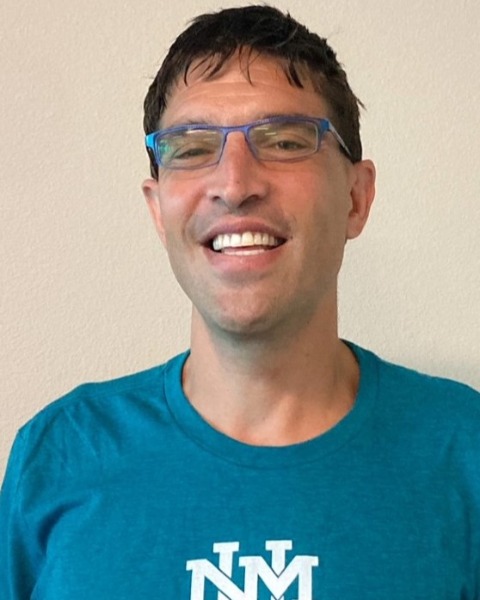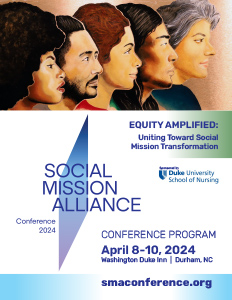Concurrent Breakout Sessions
Returning to Our “True Self” as Medical Students and Faculty: Guidance for improving medical education from a 4th Year Elective: Q&A and Discussion
Monday, April 8, 2024
11:35 AM - 11:40 AM East Coast USA Time
Location: Ambassador Page

Anthony Fleg, MD, MPH
Associate Professor
UNM School of Medicine
University of New Mexico
Albuquerque, New Mexico, United States
Presenter(s)
Proposal:
Introduction: Current medical education and work environments have deleterious effects on medical student and faculty wellbeing. We evaluated the effects of a fourth-year medical school elective, the Humanistic Elective in Advocacy, Reflective Transformation, and Integrative Medicine (HEART-IM), on professional and personal wellness for students and faculty. We used this feedback from the elective to suggest improvements in medical education.
Methods: We performed a retrospective, internet-based survey of HEART-IM student and faculty participants in the spring of 2022. The survey utilized mixed-methods, including 1-10 rating scales and free response questions. We used a conventional content analysis approach to analyze the qualitative data.
Results: Using qualitative analysis, we identified four themes each for both faculty and students. While the student responses focused more on self-reflection and the connection to their medical identity, the faculty responses reflected more external themes of community and renewed connection to the medical field.
Discussion: HEART-IM, a course that takes place outside of the traditional academic setting, provides a unique perspective on medical education, with guidance for how to improve it for both students and faculty. The themes from students and faculty demonstrate the need for personal wellness and self-care, the importance of community, and returning to one’s true self, all of which are lacking in medical education.
Introduction: Current medical education and work environments have deleterious effects on medical student and faculty wellbeing. We evaluated the effects of a fourth-year medical school elective, the Humanistic Elective in Advocacy, Reflective Transformation, and Integrative Medicine (HEART-IM), on professional and personal wellness for students and faculty. We used this feedback from the elective to suggest improvements in medical education.
Methods: We performed a retrospective, internet-based survey of HEART-IM student and faculty participants in the spring of 2022. The survey utilized mixed-methods, including 1-10 rating scales and free response questions. We used a conventional content analysis approach to analyze the qualitative data.
Results: Using qualitative analysis, we identified four themes each for both faculty and students. While the student responses focused more on self-reflection and the connection to their medical identity, the faculty responses reflected more external themes of community and renewed connection to the medical field.
Discussion: HEART-IM, a course that takes place outside of the traditional academic setting, provides a unique perspective on medical education, with guidance for how to improve it for both students and faculty. The themes from students and faculty demonstrate the need for personal wellness and self-care, the importance of community, and returning to one’s true self, all of which are lacking in medical education.
Learning Objectives:
- Describe the deleterious effects of medical education for both learners and faculty.
- List the ways that medical education leads to a disconnect from one's "true self" with proposals for how to address this.
- Describe ways to emphasize self-care and wellness within health professions education.

